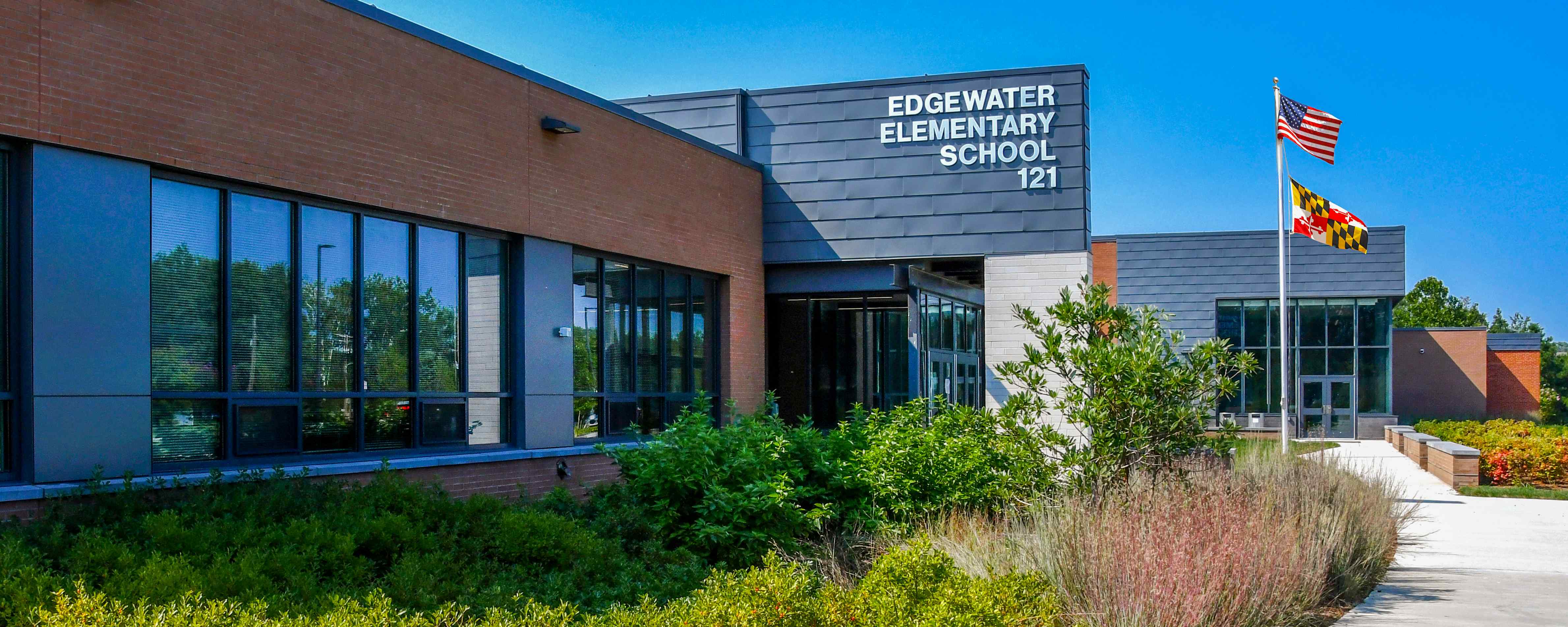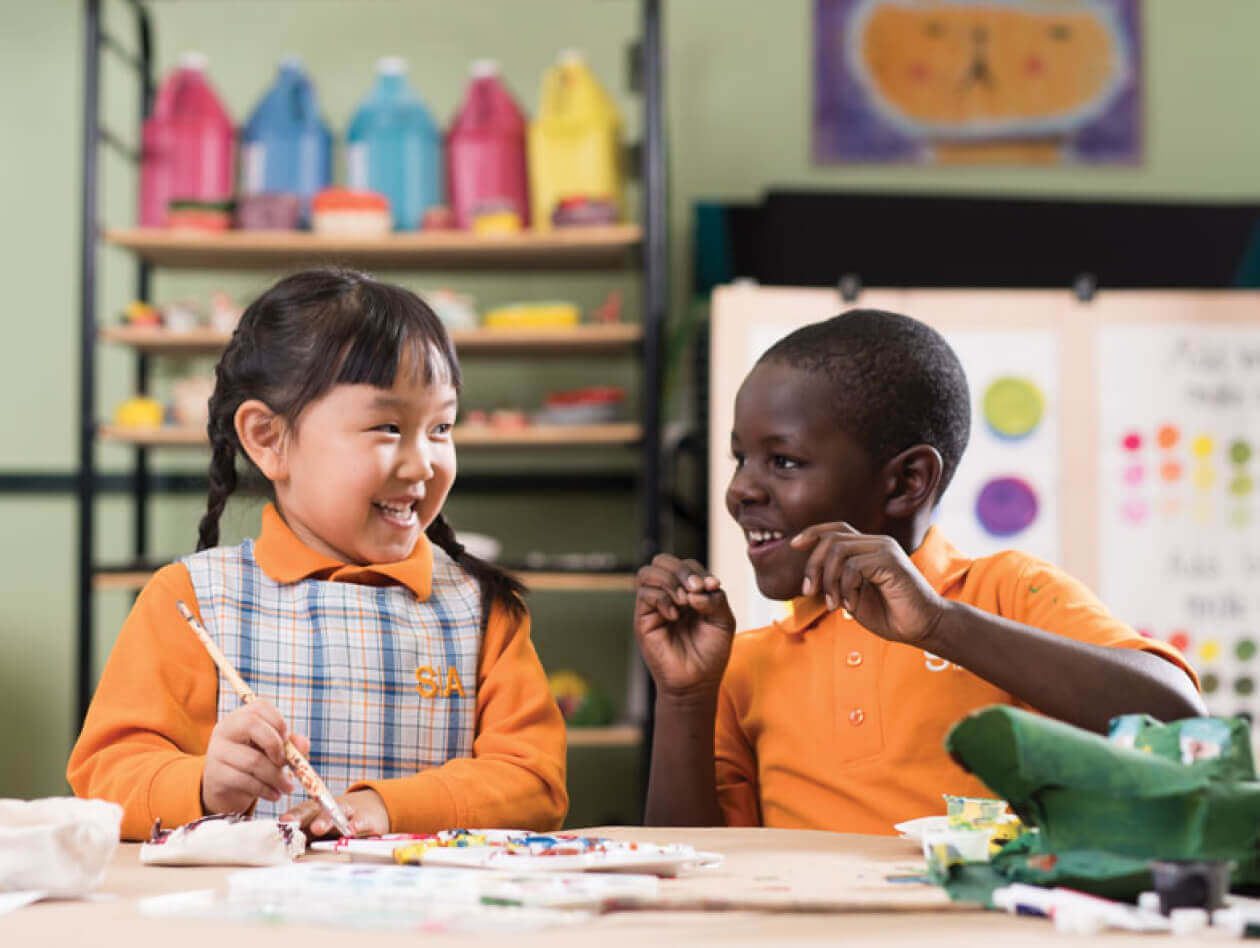Value of a well-rounded Grade School education
Wiki Article
Creative Understanding Activities in Preschool: Enhancing Skills Via Play and Communication
Imaginative discovering activities in kindergarten act as foundational experiences for young learners (Grade School Peoria). These tasks motivate skill advancement via playful involvement and social communication. Kids explore their creativity, improve communication, and learn beneficial social abilities. Each experience adds to their growth in distinct ways. Understanding exactly how these activities shape early advancement exposes the profound effect of play in education and learning. What specific aspects make these experiences so effective in supporting all-round people?The Role of Play in Early Childhood Development
While numerous might underestimate the relevance of play, it serves as a basic part of very early youth advancement. Through play, children explore their environments, foster social abilities, and establish cognitive capabilities. Participating in unstructured tasks allows them to use their imagination, explore problem-solving, and improve their essential thinking skills. In addition, play gives a secure area for emotional expression, allowing children to browse their feelings and build strength.Furthermore, play encourages physical growth as children participate in tasks that boost their electric motor abilities and control. Interaction with peers throughout play promotes team effort and interaction, laying the groundwork for future relationships. Kindergarten. Educators and parents recognize that play is not merely an activity yet a crucial element of learning, shaping a kid's ability to adjust and flourish in different situations. Inevitably, play enhances kids's lives, preparing them for the challenges of the future while fostering a long-lasting love for discovering
Imaginative Arts and Crafts: Sparking Imagination
Innovative arts and crafts play a substantial duty in sparking kids's creative imaginations and enhancing their imaginative abilities. These activities encourage self-expression with different tools, such as paint, attracting, and sculpting. By taking part in hands-on jobs, children discover to control products, fostering fine motor abilities and hand-eye sychronisation.Creative arts provide a system for important and problem-solving thinking, as youngsters explore different techniques and techniques to their creations. This exploration permits them to experiment, choose, and find out from their experiences.
Collaboration is one more crucial aspect, as children often collaborate on group projects, sharing sources and concepts. This communication not only builds social abilities but likewise nurtures a feeling of neighborhood. Inevitably, creative arts and crafts offer as essential tools in a preschool setting, promoting cognitive, psychological, and social advancement while stimulating the natural inquisitiveness and imagination of young students.
Interactive Storytelling: Building Language Abilities
Interactive narration offers as an effective device for constructing language abilities in little ones, as it engages them in the narrative process and encourages energetic involvement. Through storytelling sessions, children are invited to pay attention, respond, and also contribute to the unfolding tale. This interactive layout nurtures vocabulary growth by exposing them to brand-new words in context.As they participate, youngsters practice important interaction abilities, such as expression and expression. They learn to sequence occasions, identify personalities, and comprehend the story, cultivating essential reasoning. Furthermore, interactive storytelling typically includes visual aids, sound impacts, and props, which even more boost interaction and understanding.
Additionally, when youngsters share their very own tales, they experience a sense of firm and imagination, enhancing their language skills in a supportive atmosphere. official website Ultimately, interactive storytelling cultivates a love for language and literary works, establishing a strong structure for their future scholastic success.
Hands-On Science Experiments: Motivating Inquiry
Hands-on science experiments supply young learners with indispensable chances to ask and explore concerning the world around them. Engaging in easy, interactive experiments allows kindergarteners to ask questions, make predictions, and observe results firsthand. These activities promote curiosity and cultivate a feeling of wonder, motivating children to examine the properties of materials, reactions, and all-natural phenomena.For example, experiments such as planting seeds or mixing sodium bicarbonate and vinegar not only illustrate scientific principles however likewise improve critical thinking abilities. Youngsters find out to document their observations, promoting proficiency and numeracy as they determine, contrast, and document data. Additionally, hands-on scientific research promotes a growth mindset, teaching resilience as they browse difficulties and find out from mistakes.

Collaborative Games: Fostering Synergy and Social Abilities
Engaging in joint video games offers kindergarteners an one-of-a-kind system to develop teamwork and social skills while developing on the inquiry-based learning cultivated by hands-on science experiments (Private School). These video games encourage kids to function together towards common goals, advertising interaction and participation. As they navigate various challenges, they learn to share duties, discuss duties, and settle problems-- necessary elements of effective synergyVia structured tasks such as team puzzles, relay races, my explanation or participating narration, kids not only boost their social communications yet also strengthen their psychological knowledge. They gain insights into compassion and assistance, finding out that each youngster's payment is beneficial. Additionally, these collaborative experiences promote a feeling of community within the class, creating bonds that extend beyond specific play. By incorporating collaborative games into the curriculum, educators can lay the foundation for important life abilities that will certainly profit youngsters in their future instructional and social settings.
Regularly Asked Inquiries
Just How Can Moms And Dads Support Creative Learning in your home?
Moms and dads can support creative knowing in the house by giving diverse products, encouraging expedition, involving in imaginative play, asking flexible concerns, and fostering a secure environment where children feel cost-free to express their concepts and imagination.
What Products Are Best for Arts and Crafts Activities?
A selection of materials boost arts and crafts activities, consisting of construction paper, scissors, glue, pens, paints, and recycled items. These sources influence imagination and enable kids to explore their imagination with hands-on experiences.How Do Educators Analyze Kid's Creativity?
Educators evaluate children's creativity with monitorings, portfolios of work, and flexible projects that motivate self-expression. They evaluate problem-solving skills, originality, and desire to experiment, supplying understandings right into each youngster's one-of-a-kind imaginative growth and capabilities.What Are Some Examples of Outdoor Creative Activities?

How Can Cultural Motifs Be Integrated Into Creative Discovering?
Social motifs can be incorporated right into imaginative understanding by integrating varied tales, music, art, and traditions, motivating youngsters to discover and commemorate various backgrounds, fostering inclusivity and understanding while boosting their creative thinking and cognitive skills.Youngsters explore their creativity, improve communication, and learn beneficial social abilities. Through play, kids discover their atmospheres, foster social skills, and create cognitive capabilities. In addition, play encourages physical development as youngsters engage in activities that enhance their motor abilities and sychronisation. Imaginative arts and crafts play a considerable role in stiring up youngsters's imaginations and enhancing their imaginative abilities. Interactive narration serves as a powerful tool for building language skills in young children, as it involves them in the narrative process and motivates energetic engagement.
Report this wiki page